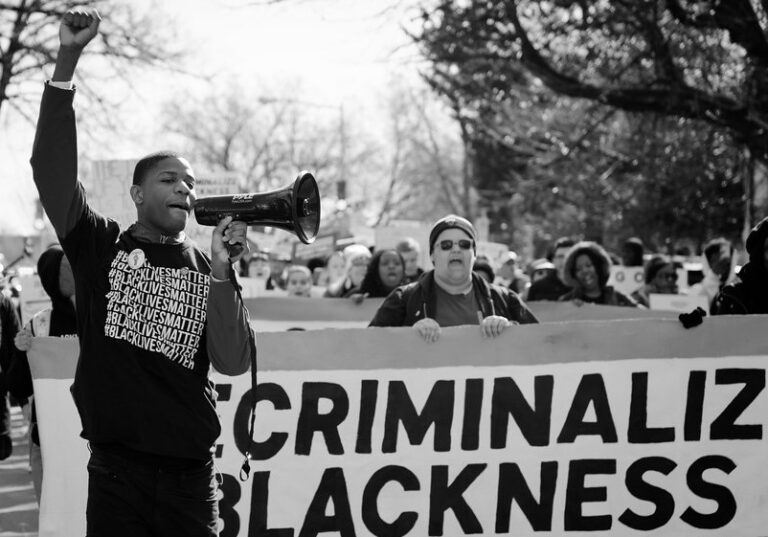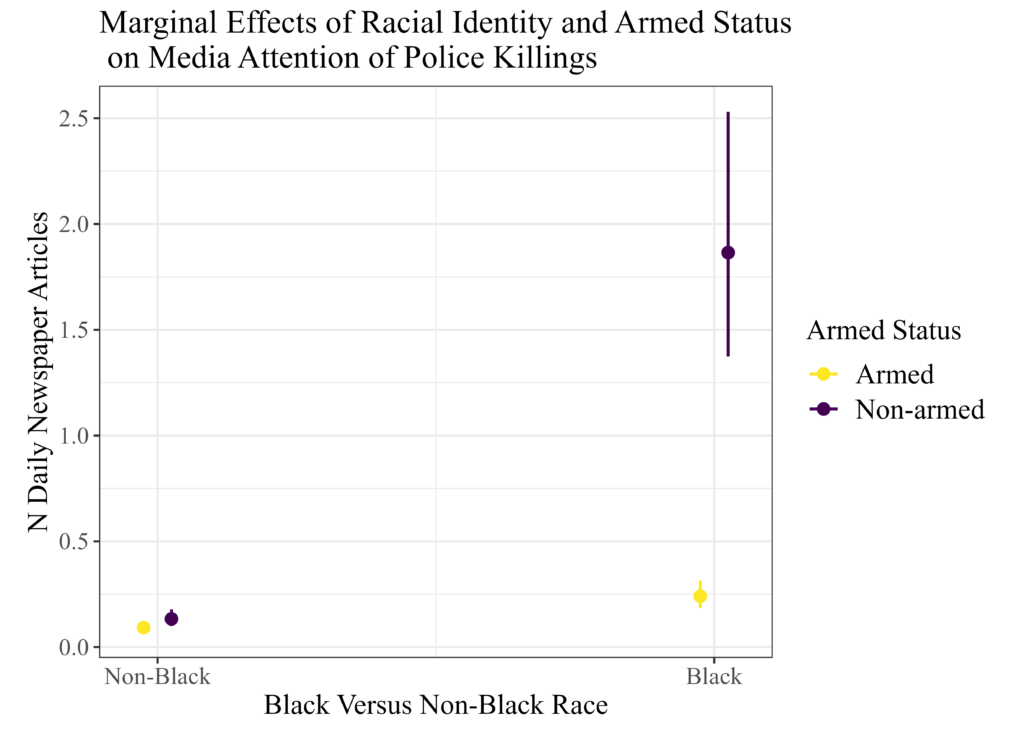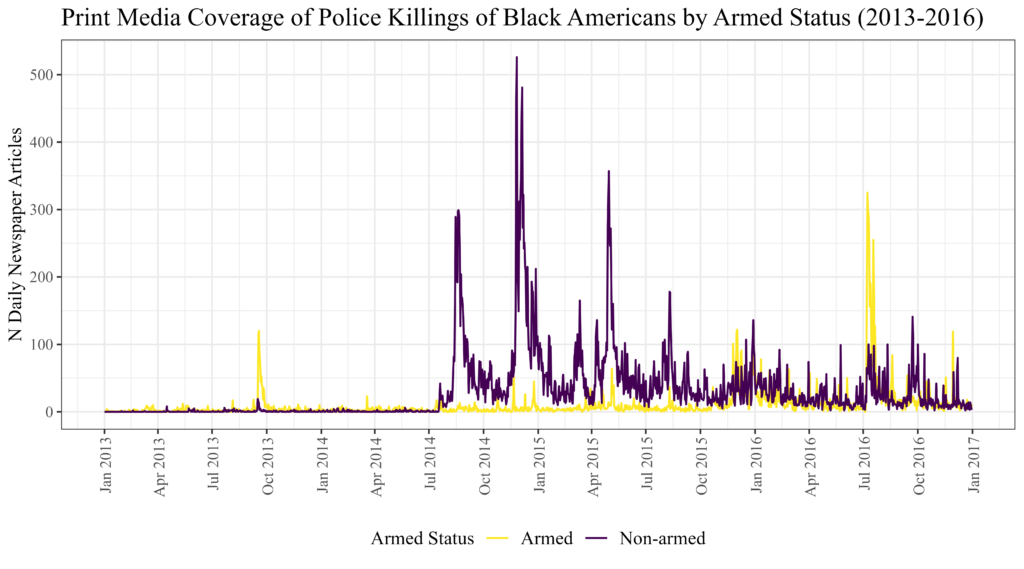Research Programs
My research spans scholarly audiences in social movements, climate politics, structural racism, cultural sociology, and labor movements. Below are several of my current research projects and future directions.
Bridges and Divides in U.S. Labor Union and Environmental Politics
How do U.S. labor unions constrain or advance climate adaptation and mitigation? My research streams focus on coalitional bridging efforts around green jobs and occupational safety and health measures. I am also developing a community-engaged project on identifying gaps between occupational safety rules and workers’ experiences on the ground focusing on heat stress hazards.
My Environmental Politics article titled “Reassessing the Economy-Environment Tradeoff: Do Industry Sectors, Green Jobs Opportunities, and Regulatory Threats Affect Environmental Concerns?” uses survey and federal data to examine how employment in different industries relates to environmental attitudes. I find that workers in resource extraction are less concerned about protection and pollution than those in services, and workers in manufacturing, construction, and utilities are less willing to make sacrifices for the environment. More green jobs in sub-industries correlate with stronger pro-environmental views. Overall, industry sector and green job opportunities significantly influence public environmental concern.
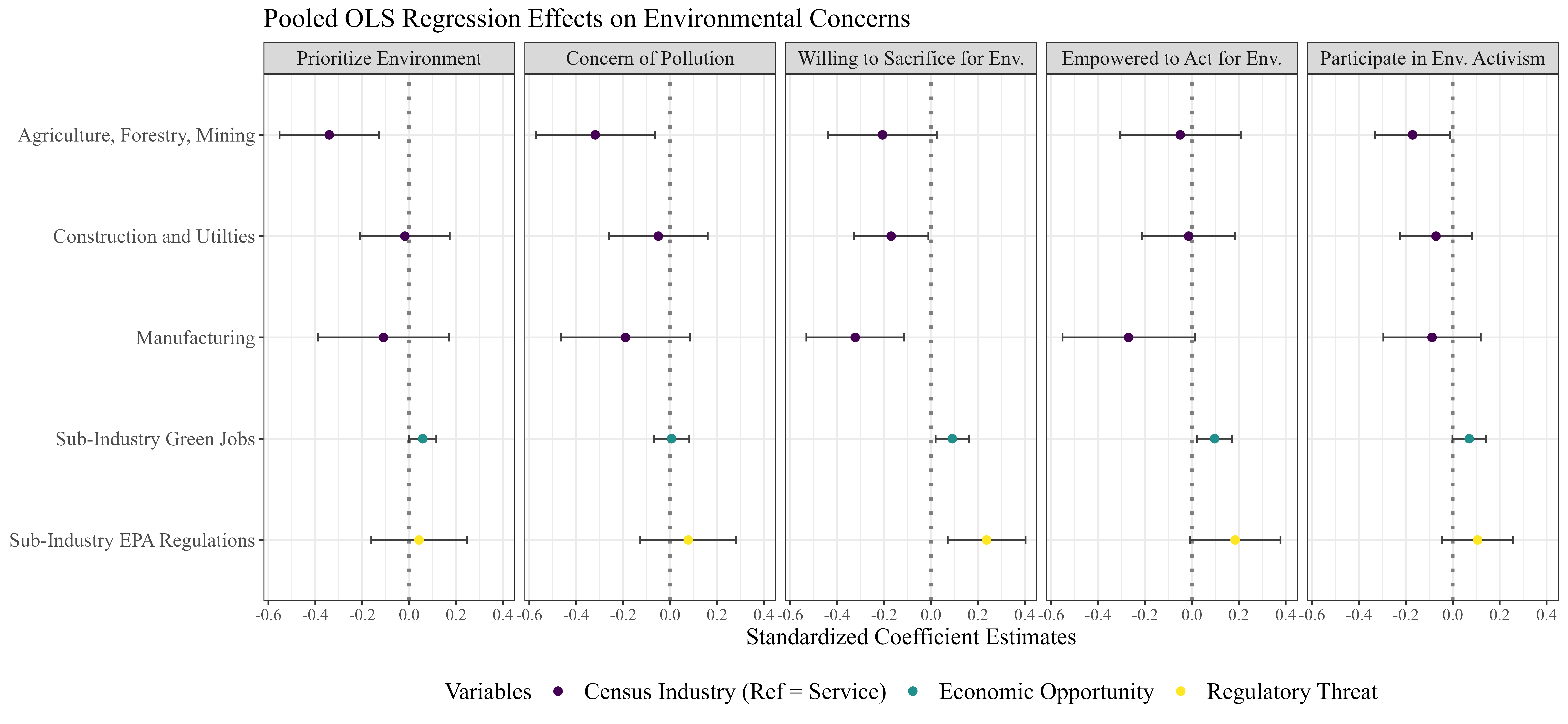
My qualitative analysis shows that green growth messaging aimed at uniting environmentalists and labor unions often reinforces organizational divisions. Labor union leaders view green jobs as economic opportunities and adaptation challenges, while environmentalists see them as part of broader political projects involving community care and limiting corporate power. As a result, unionists approach green jobs through a labor market logic, whereas environmentalists use a social transformation logic.
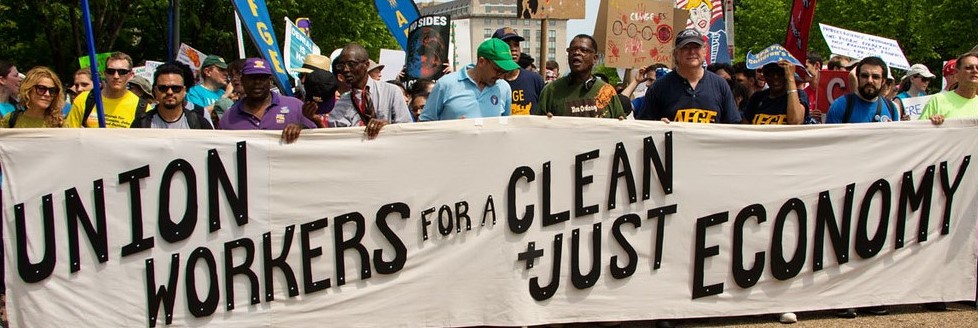
Care Economy – Social Transformation Logic
“I just always think of Congresswoman Oscasio-Cortez’s video. It was The Intercept. There are examples where she talks about people who have been working on pipelines, restoring wetlands and there’s just a lot. And then the care economy growing and being invested in.
So when I think of green jobs, I think of jobs that are investing or designed to support the environment and thriving. Protect the environment, restore the environment, all those. And then I think the care economy jobs where you’re not doing harm, where you’re supporting humans. There’s not an extractive piece necessarily built into the role. It’s not about product or production. It’s not explicitly inside of capitalism in that way.”
Claire. Mixed Race Woman. Environmental Leader.
Building Class Power – Social Transformation Logic
“I think it was the March on Washington for Jobs and Freedom, the labor movement sent 40,000 people. So that’s 40,000 people that showed up to fight for civil rights, but they were part of the labor movement. And the civil rights movement has always bolstered the labor movement. It’s a conjoining that has always helped the other.
I see green jobs as something that’s going to help everybody as well. Because it’s a fight for everyone in a sense. We’re going to help our community, but at the same time, that’s going to help the next guy and the next guy… They’re not trying to come in and really take somebody’s piece of the pie. We’re going to try to expand the pie and transition into the green movement so that everybody gets a bigger hunk of sweet potato pie.”
Biggs. Black Man. Service Union Leader.
Economic Adaptation – Labor Market Logic
“There is requirements that you’ve got to meet, but if you go beyond those requirements and be the leader in the industry, I see [green jobs] as an opportunity. I think you’re going to see more of it as technology gets better. I mean, it’s kind of like the cell phones. Are we ever going to go back to a flip phone? We ain’t going back. No, the phones are going to get smarter and better and hold more capacity and everything else. So yeah, there’s requirements and opportunities. If you want to be in the industry, same way with technology or cell phones, if you want to be in the cell phone industry, if you ain’t producing a smartphone, you ain’t going to last. And if your smartphone is not improving, you’re not going to last. So within our industry, it’s no different.”
Bill, 50s. White Man. Manufacturing Union Leader
Cultural Impacts of the Black Lives Matter Movement
My research also examines the cultural impact of Black Lives Matter (BLM) protests, focusing on how structural inequalities affect movement outcomes. In a study published in Mobilization: An International Quarterly, my analysis of BLM protests and media coverage for 678 Black individuals killed by police (2014–2016) found that protests increased attention to local killings, but perceptions of armed Black criminality affected this impact. The results highlight how racialized threats shape the effectiveness of Black-led movements.
My next project in this stream examines how racially marginalized movements influence environmental politics. While BLM failed to initiate significant criminal justice reforms, the movement placed Black lives at the center of white-led U.S. social movements. Given the exclusion of BIPOC communities from environmentalism, mainstream environmental organizations are particularly susceptible. By studying movement-to-movement dynamics, I will demonstrate the power of racially marginalized movements in shaping cultural practices across movement fields.
